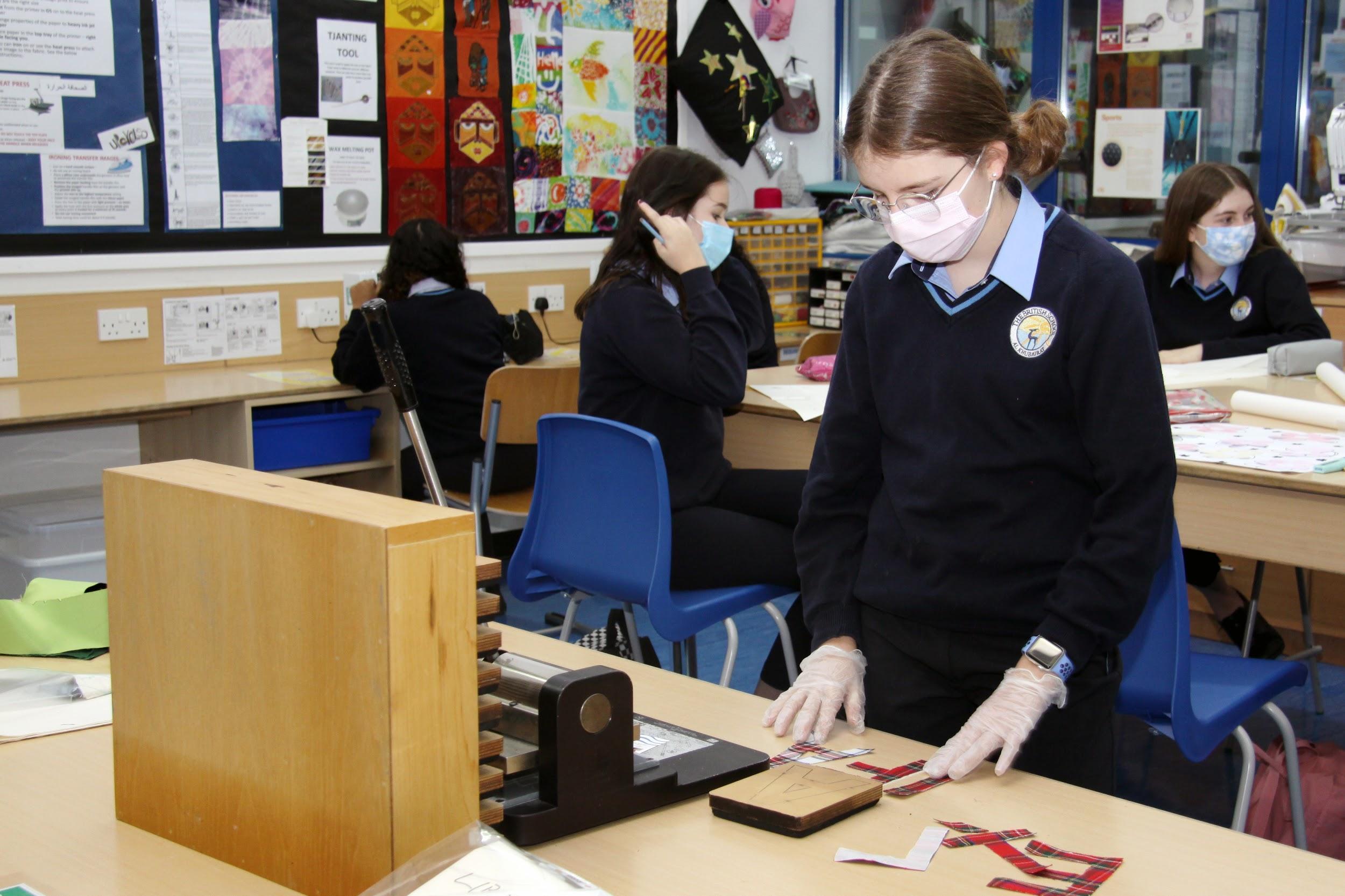
1 minute read
Physical Education
ACADEMIC YEAR 2021/2022 YEAR 10

PHYSICAL EDUCATION
The GCSE Physical Education (PE) Course develops knowledge and understanding of sport and exercise through practical application.
It consists of both theory and practical lessons, providing students with a well - rounded and full introduction to the world of PE, sport and sport science.
Students will also be required to complete three practical physical activities from a set list. One must be a team game, another an individual activity and the final activity can be either team or individual. In addition to this students will plan, perform, monitor and evaluate a personal exercise program. The course develops a holistic understanding of Physical Education.
COURSE CONTENT
● Component 1: Fitness and Body Systems – Written examination (36%) ● Component 2: Health and Performance - Written examination (24%) ● Component 3: Practical Performance - Three assessed practical activities (30%) ● Component 4: Personal Exercise Program – Assessed coursework (10%)
Year 10
● Skeletal system and muscular system ● Movement analysis and physical training ● Aerobic and Anaerobic exercise and short term effects of exercise
SKILLS DEVELOPED
● Analysis and evaluative skills ● Self reflection Skills and improvement strategies
As the course is 60% theoretical, students must be motivated to learn in a classroom setting about the theoretical concepts that underpin sporting performance at the elite level.
FURTHER STUDY
GCSE PE enables students to develop a range of transferable skills for progression to the next level. It encourages teamwork, leadership, co-operation and communication, as well as encompassing practical, scientific and social areas of knowledge. PE offers a wide choice of careers in fields such as Sport and Exercise Science, Sports Medicine and professional level sport.

SPECIFICATION LINK
ASSESSMENTS:
Three Theoretical Assessments: • December – Muscular & Skeletal System • March – Physical Training & Movement Analysis • June – Aerobic, Anaerobic exercise & short term effects of exercise Two Practical Assessments: • January – 1 Team Sport & 1 individual sport • May – 1 Team sport, 1 individual and 1 sport of their choice










